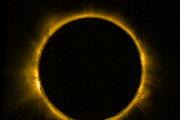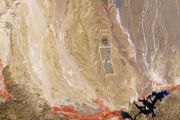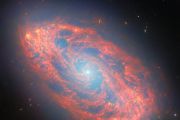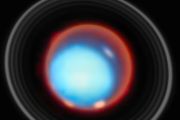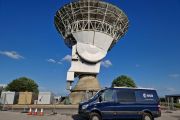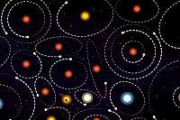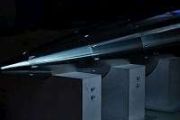The Astrophysics Source Code Library (ASCL) is a free on-line registry for source codes of interest to astronomers and astrophysicists, and lists codes which have been used in research that has appeared in, or been submitted to, peer-reviewed publications. ASCL entries are indexed by the SAO/NASA Astrophysics Data System (ADS).
Much of scientific progress now hinges on the reliability, falsifiability and reproducibility of computer source codes. Astrophysics in particular is a discipline that today leads other sciences in making useful scientific components freely available online, including data, abstracts, preprints, and fully published papers, yet even today many astrophysics source codes remain hidden from public view.
The Astrophysics Source Code Library (ASCL), founded in 1999 by Robert Nemiroff and John Wallin, takes an active approach to sharing astrophysical source code. ASCL's editors seek out both new and old peer-reviewed papers that describe methods or experiments that involve the development or use of source code, and add entries for the found codes to the library. This approach ensures that source codes are added without requiring authors to actively submit them, resulting in a comprehensive listing that covers a significant number of the astrophysics source codes used in peer-reviewed studies.
The ASCL established an advisory committee in 2011 to provide input and guide its development and expansion. ASCL source codes have been used to generate results published in or submitted to a refereed journal and are available for examination via a download site.
The ASCL is indexed by the SAO/NASA Astrophysics Data System (ADS) and Web of Science's Data Citation Index, and is citable by using the unique ascl number assigned to each code. The ascl number can be used to link to the code entry by prefacing the number with ascl.net (i.e., ascl.net/1201.001).
You can follow the ASCL on our blog, our low-volume Facebook page, on Twitter, or by becoming a member of the ASCL forum and subscribing to it.

















































